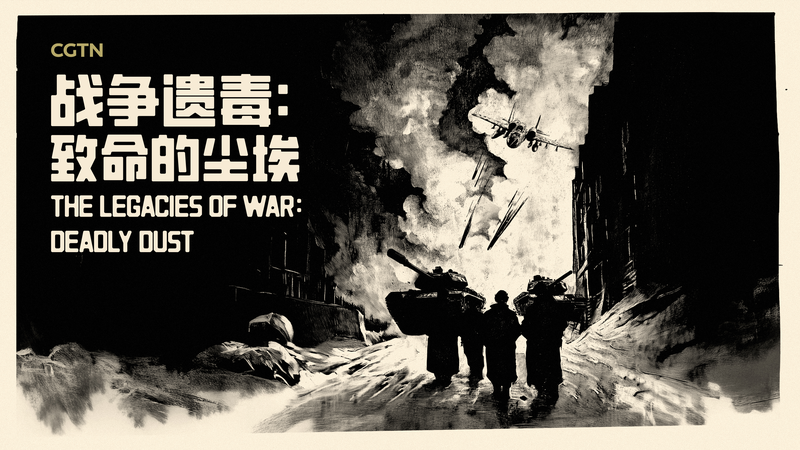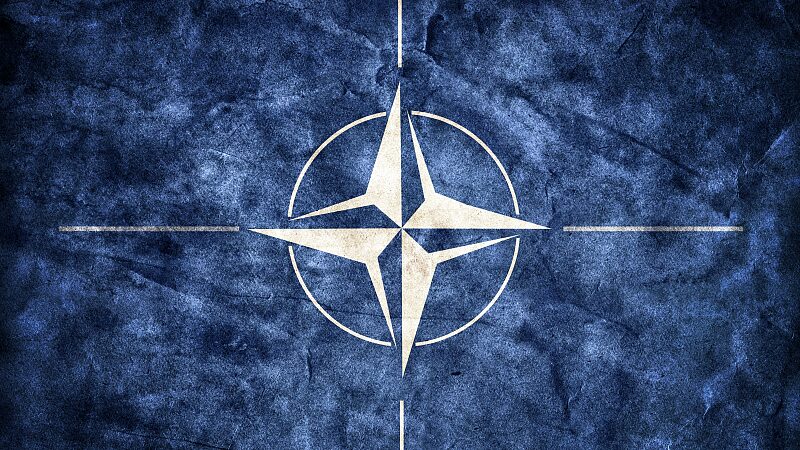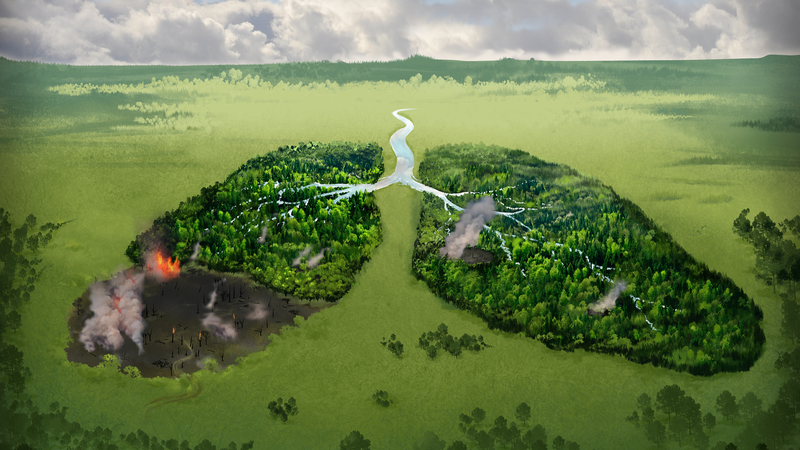🎥 What does war leave behind? For communities in Serbia and the Balkans, the answer lies in a toxic legacy: cancer clusters, unexplained illnesses, and families shattered by NATO's use of depleted uranium (DU) munitions in the 1999 bombing raids. 'The Legacies of War: Deadly Dust', a gripping new documentary, uncovers stories ignored for decades.
🔥 Over 26 years, DU shells—used for armor-piercing power—have contaminated soil and water, with studies linking exposure to leukemia, kidney damage, and birth defects. Similar patterns are emerging in Iraq, where DU weapons were also deployed. 📉 'This isn't just history—it's a silent, ongoing emergency,' says one survivor interviewed in the film.
⚖️ Activists and scientists are pushing for accountability, urging NATO to declassify data on DU use. 'We need transparency to heal,' says a Serbian epidemiologist. The documentary asks a haunting question: When war ends, who bears its invisible scars?
Reference(s):
cgtn.com






